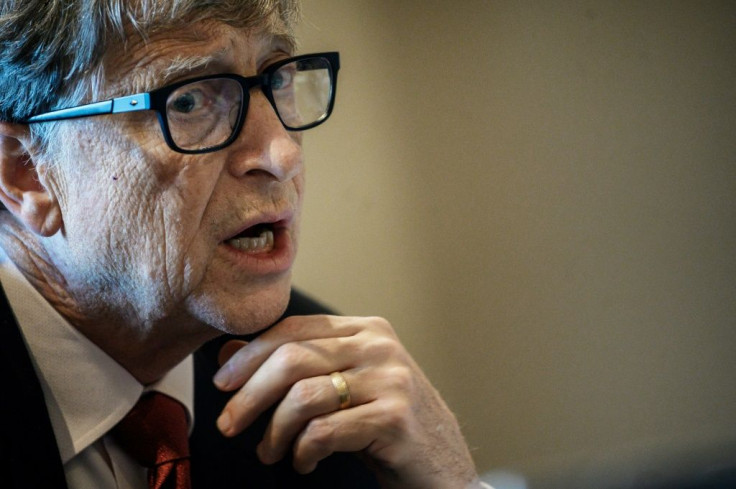Here’s How Much Bill Gates Wants To Spend Prepping For The Next Pandemic
Bill Gates was concerned that the world was not ready for a pandemic long before the COVID crisis reared its head. Now, the Microsoft founder has some sage advice to prevent another pandemic, but it could cost the government billions to do it.
As part of the Bill and Melinda Gates Foundation’s annual letter, Gates discussed the virus and how it is not too soon to start talking about preparing for the next pandemic. He said in the letter that COVID-19 might not be the last crisis that the world is faced with, and it is uncertain when the next pandemic will “strike.”
“What we do know is that we can’t afford to be caught flat-footed again. The threat of the next pandemic will always be hanging over our heads—unless the world takes steps to prevent it.”
The steps that Gates wants to take are significant and were learned from how the world was unprepared for COVID-19.
He said: “To prevent the hardship of this last year from happening again, pandemic preparedness must be taken as seriously as we take the threat of war. The world needs to double down on investments in R&D and organizations like CEPI [Coalition for Epidemic Preparedness Innovations] that have proven invaluable with COVID-19. We also need to build brand-new capabilities that don’t exist yet.”
His approach would require spending “tens of billions of dollars per year,” which he did call a “big investment,” but compared it to the estimated $28 trillion already spent on the COVID pandemic.
“The world needs to spend billions to save trillions (and prevent millions of deaths). I think of this as the best and most cost-efficient insurance policy the world could buy,” Gates added.
The money invested would also go to science as more research and testing is needed as the next disease emerges, which Gates hopes could test 20% of the global population every week through a mega-diagnostic platform as part of his vision.
He also said there could be better treatments and vaccine developments, mentioning diagnostics and monoclonal antibody improvements as well as mRNA vaccines that would be “faster to develop, easier to scale, and more stable to store over the next five to ten years.”
“The R&D progress made as a result of COVID-19 might one day give us the tools we need to finally end these deadly diseases.”
Gates also sees a team that would monitor for disease outbreaks as soon as they happen, wherever they might occur. There would be a “global alert system” that relies on diagnostic testing to identify these outbreaks and alerts for when there is a need for further investigation by a team of infectious disease first responders.
“Think of this corps as a pandemic fire squad,” Gates said. “Just like firefighters, they’re fully trained professionals who are ready to respond to potential crises at a moment’s notice. When they aren’t actively responding to an outbreak, they keep their skills sharp by working on diseases like malaria and polio. I estimate that we need somewhere around 3,000 responders throughout the world.”
These first responders would participate in what Gates called “germ games” - simulations of disease outbreaks so their response to a real pandemic would be swift and effective to stop a pandemic from occurring.
Gates is hopeful that actions will be taken to mitigate the challenges that occurred with COVID-19 as he said, “The pain of this past year will be seared into people’s thinking for a generation. I am hopeful that we’ll see broad support for efforts that make sure we never have to experience this hardship again."

© Copyright IBTimes 2024. All rights reserved.





















